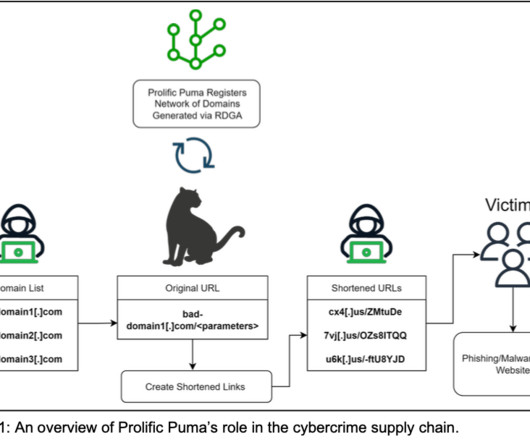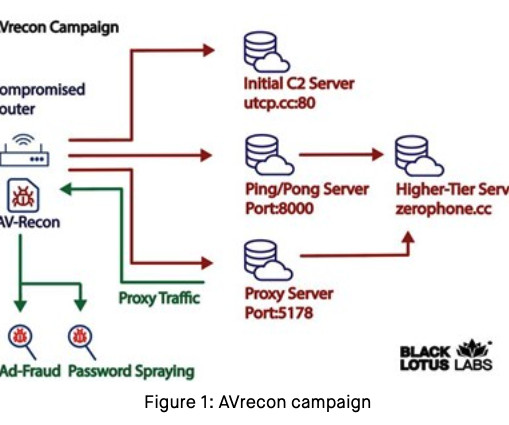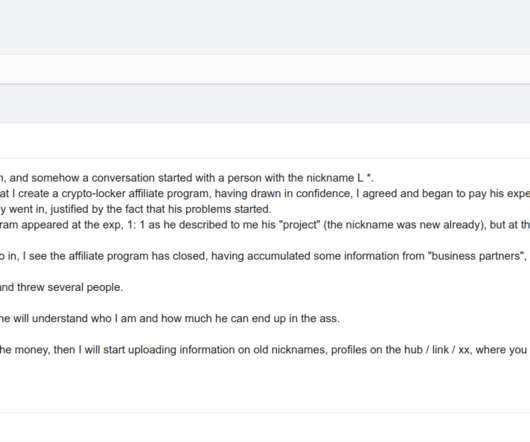Interview With a Crypto Scam Investment Spammer
Krebs on Security
MAY 22, 2023
Social networks are constantly battling inauthentic bot accounts that send direct messages to users promoting scam cryptocurrency investment platforms. ” One of the crypto investment scam messages promoted in the spam campaigns on Mastodon this month. “On Twitter, more spam and crypto scam.”












Let's personalize your content